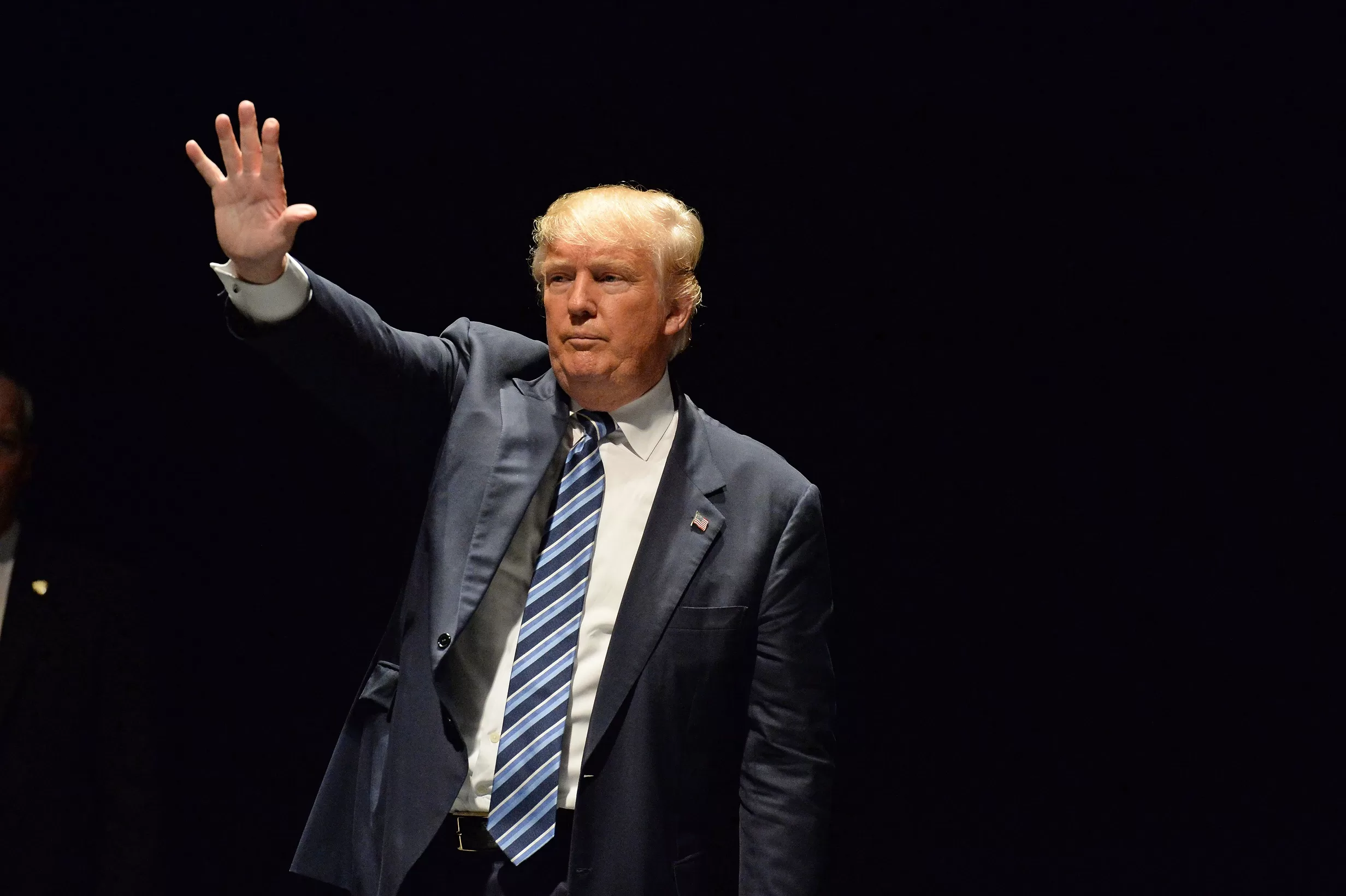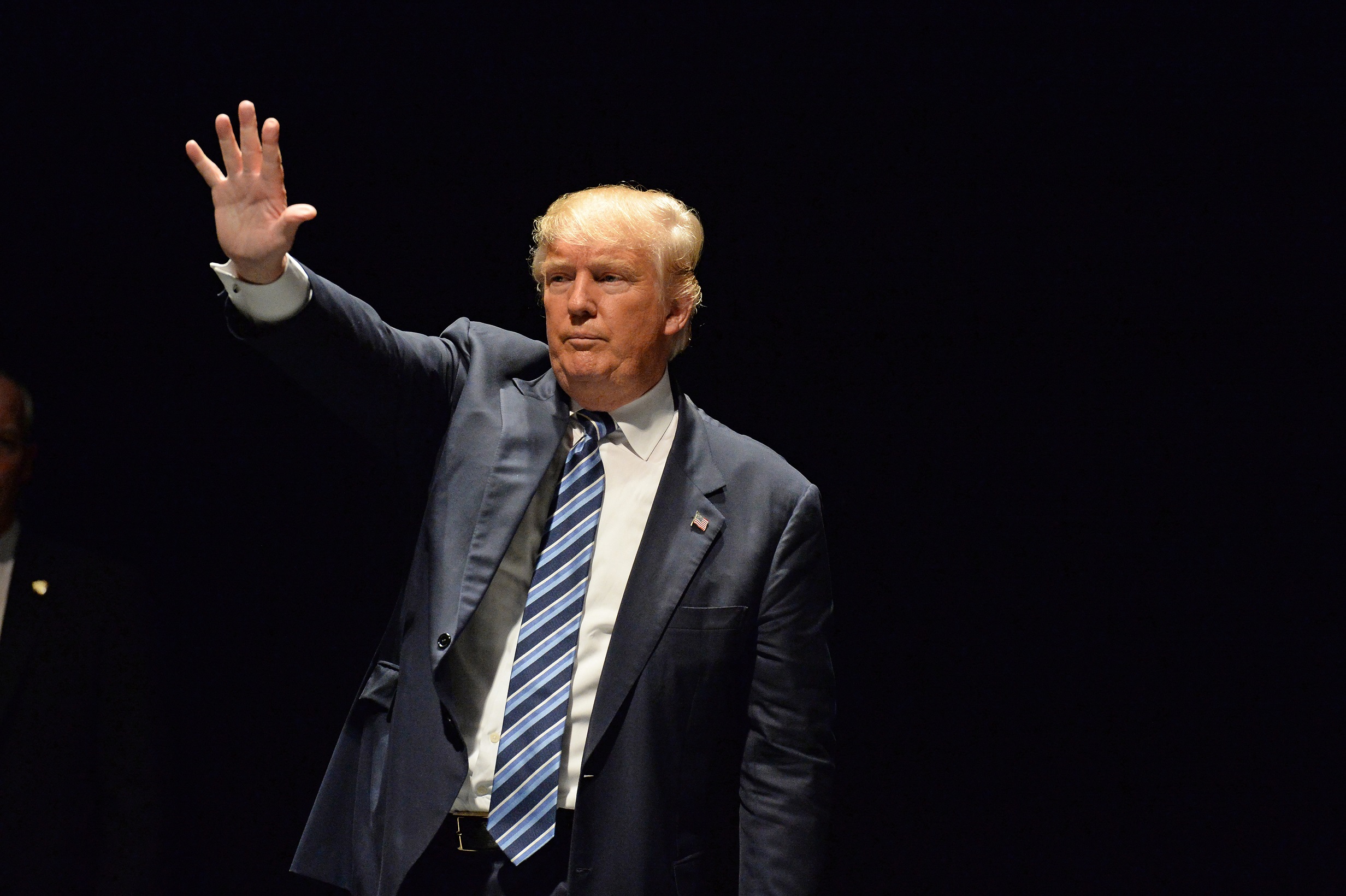
 Tertiary education has played a huge part in the US Election, but now the results are in how will the decision affect the sector?
Tertiary education has played a huge part in the US Election, but now the results are in how will the decision affect the sector?
Education level has been a major divider in this election, much more so than ever before. Back in 2012, for example, Romney secured much of the undergraduate degree vote, but Obama led the way with post-graduates – leading to a relatively even split between the two parties.
This year the division was much blunter. Clinton was predicted to win over the educated vote by a significant majority, despite college-educated, upper-middle classes traditionally being Republican supporters. Trump’s campaign, in comparison, was predicted to have high voter numbers in those without any college education.
The higher education sector in general has been vocal in their support for Clinton. So, with the results in, what does Donald Trump’s election mean for students and what effect will it have on higher education in the USA?
Trump had no official position on higher education during his campaign, this unwillingness may have come from it not being a salient part of his campaign strategy; because it wasn’t of significance to his voter base; because he didn’t want to draw attention to the lawsuit facing his own institution; or the fact that his honorary degree from Robert Gordon University was stripped from him.
So, what are his strategies? Due to his lack of position, the below comments are taken from an interview his adviser, Sam Clovis, gave to InsideHigherEd.
 College Costs
College Costs
- Trump is anti-debt-free public higher education and he would fight proposals for tuition-free education.
- He rejects Obama’s proposals for state-federal partnerships making community college free for new high-school graduates.
- Institutions themselves would be responsible for reducing fees by spending from their endowments.
Student Loans
- Trump wants to privatise student loans, believing that local banks should be lending to local students.
- Colleges would be required to determine the worthiness of a degree course when deciding whether to provide loans to students.
- Criteria used in that decision would include potential earnings, meaning that liberal arts degrees will be far more difficult to finance and many liberal arts colleges may close.
- “Risky” degrees such as art, drama or music would therefore be taken up predominantly by those from wealthy backgrounds.
- Trump has proposed an income-contingent repayment plan. Repayments would be capped at 12% of income and cancelled after 15 years.
Accountability
- All institutions should share the risks from student loans, even those with histories of helping low-income families.
- Clovis specifically noted that colleges should be careful lending to liberal arts majors.
- He stated that colleges should not be admitting students they aren’t confident can graduate. On what basis this decision would be made this is debatable, but it seems likely that personal circumstances could play a factor – potentially reducing access to education to those with a less stable background.
 Innovation and Accreditation
Innovation and Accreditation
- Higher education must diversify: the campaign called for technical institutions, online universities, lifelong learning, and work-based learning as alternatives to traditional four-year, campus based education.
While we’re yet to know whether these reforms will be put into place, and if so what the effects of them will be, it’s likely they could damage the higher education system in the country. Trump’s approach to higher education further enshrines the high levels of private debt already suffered by the student sector, and not only that, but should student loans become dependent on potential earnings, liberal art degrees and colleges would suffer. The only people able to pursue such subjects would be those from upper-middle class backgrounds, leading to a wealthy monopoly in cinema, art and music.
Additionally, as previous studies have noted, the appeal of the USA as an international destination may now decline. This is particularly the case amongst some of the groups he’s directly criticised, such as Islamic students, or those from Mexico or Latin America.
What effect his presidency will have on the sector, we’ve yet to see.



